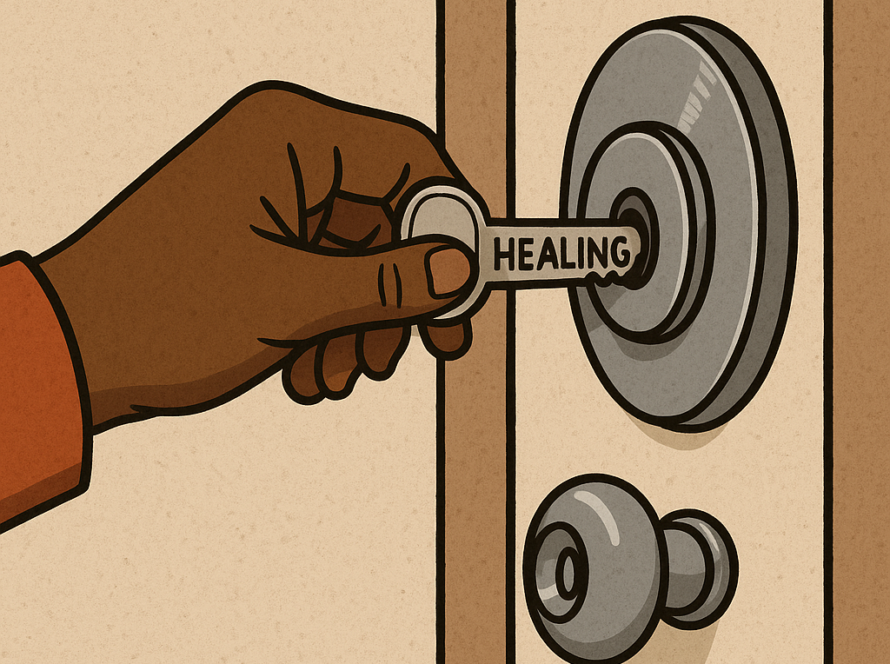Have you ever finished a session with a client and wondered, “Did I handle that right?” Or felt stuck in a rut, repeating the same techniques without seeing progress? You’re not alone. Even the most seasoned therapists need tools to grow—and that’s where supervision and self-reflection come in. Let’s explore how these practices help you stay sharp, empathetic, and effective.
What is Supervision in Therapy?
Supervision is like having a trusted guide for your professional journey. It’s a structured process where you discuss your cases, challenges, and emotions with a senior therapist or peer group. Think of it as a “therapy for therapists” that:
- Improves skills: Get feedback on your techniques.
- Reduces blind spots: Discover biases or missed opportunities.
- Prevents burnout: Share emotional burdens safely.
Example: A new therapist might use supervision to navigate ethical dilemmas, like setting boundaries with a demanding client.
The Power of Self-Reflection
Self-reflection is the internal counterpart to supervision. It’s about pausing to ask:
- What went well in that session?
- What would I do differently next time?
- How did my own emotions affect my work today?
Simple ways to reflect:
- Journal after sessions.
- Practice mindfulness for 5 minutes daily.
- Review case notes with curiosity, not judgment.
How Supervision + Self-Reflection = Growth
Combining external feedback (supervision) and internal awareness (self-reflection) helps you:
- Spot patterns: Maybe you avoid conflict with clients—why?
- Stay ethical: Catch unconscious biases before they affect care.
- Innovate: Experiment with new approaches confidently.
Real-life impact: A counselor realized through reflection that she was over-identifying with clients’ trauma. Supervision helped her set healthier emotional boundaries.
Practical Steps to Integrate Both
1. Schedule Regular Supervision
- Aim for 1-2 sessions monthly, even if you’re experienced.
- Choose a supervisor whose style aligns with yours (e.g., directive vs. exploratory).
2. Build Reflection Into Your Routine
- Use prompts like:
- “What surprised me today?”
- “Where did I feel stuck?”
3. Join Peer Groups
- Share struggles and wins with therapists at similar career stages.
4. Embrace Vulnerability
- It’s okay to say, “I don’t know” in supervision. Growth starts there!
Common Challenges (and Solutions)
- “I don’t have time!” → Start small: 10 mins of journaling or a 30-min peer call weekly.
- “Supervision feels intimidating.” → Find a non-judgmental supervisor who prioritizes growth over criticism.
- “Reflection brings up tough emotions.” → Use grounding techniques (like deep breathing) before diving in.
Final Thoughts: You’re a Work in Progress
Therapy is both an art and a science—no one masters it overnight. By committing to supervision and self-reflection, you’re not just avoiding burnout; you’re becoming the therapist your clients (and younger you) would admire.
Ready to deepen your practice? Reach out to us at +91-9310885868 – we’re here for you.
What’s one lesson supervision or self-reflection has taught you? Share below!



